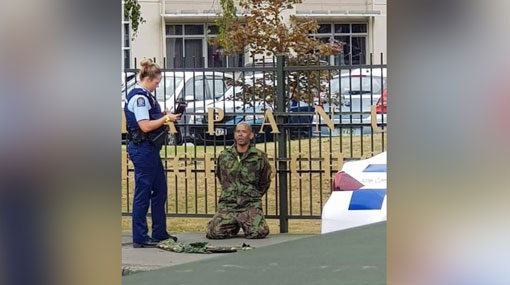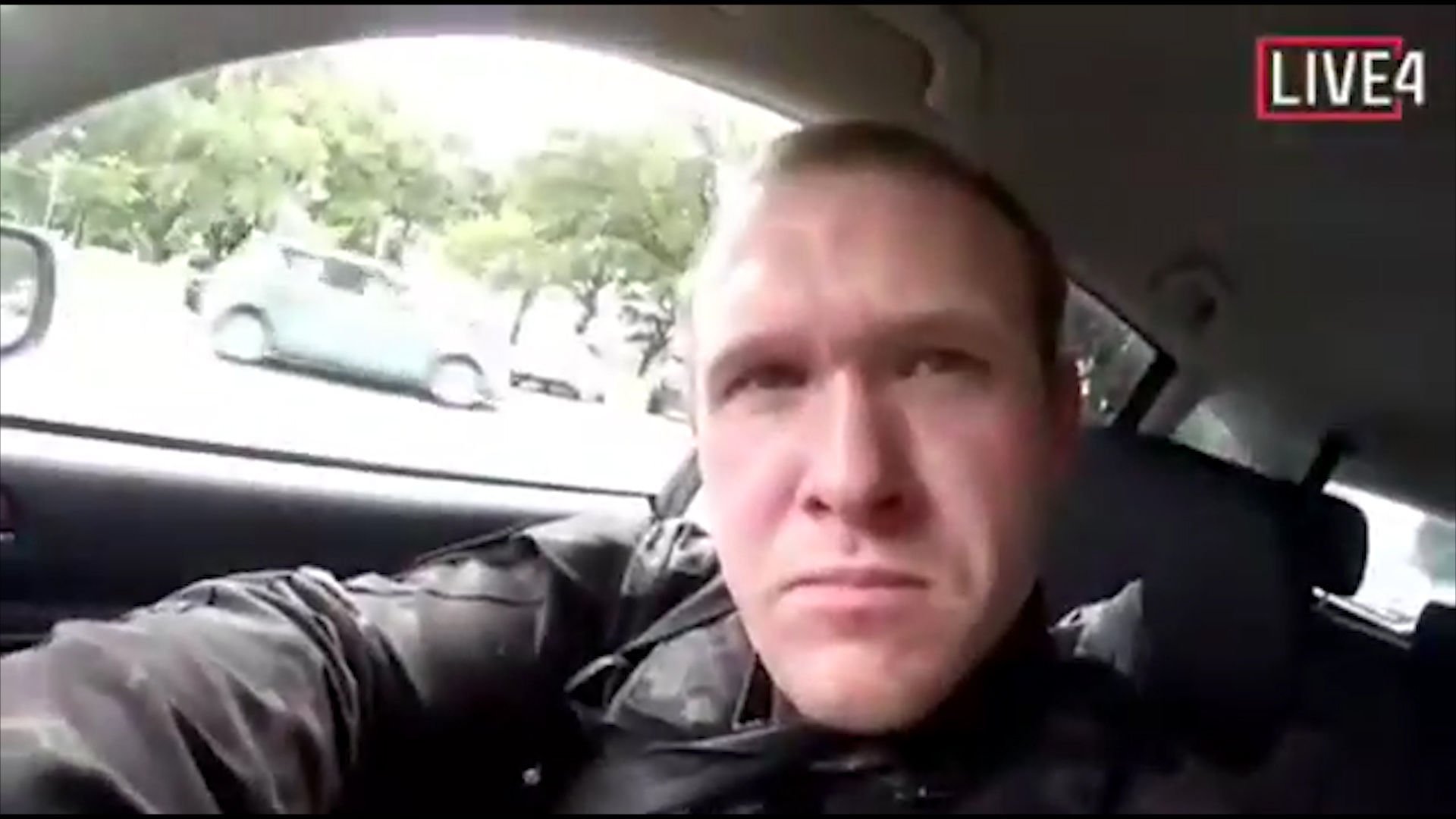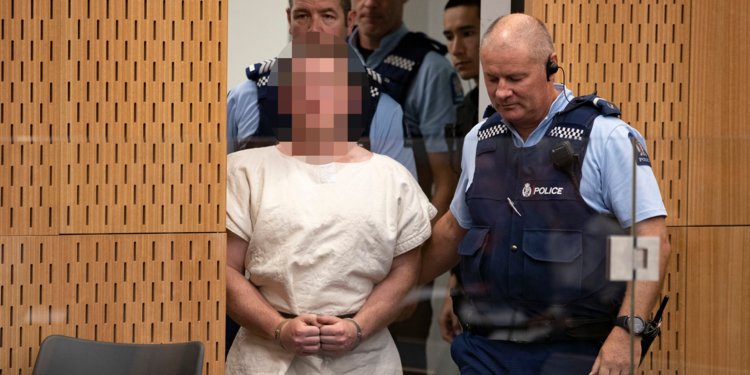

This compares to 15 firearms per 100 people in Australia and more than 120 firearms per 100 people in the United States of America (Sydney School of Public Health, 2019). According to the Small Arms Survey (Karp, 2017), New Zealand has the 17th highest rate of civilian gun ownership in the world, with an estimated 1.2 million firearms distributed over a population of under 5 million people, or 26 firearms per 100 persons. New Zealand is a country with a high number of guns, but comparatively low rates of gun violence.

Guns are common but gun violence has been rare in New Zealand The shooting also raised the intractable problem of the internet allowing terrorists to promulgate violent content and extremist ideology with regulation in this area harder to achieve than gun control. We present this as a national case study, considering psychological and societal enablers for legislative reform in response to extreme gun violence. Within weeks, new gun control laws were introduced with bipartisan support. This was strongly modeled by political leaders. The unprecedented reluctance by the New Zealand media to feature the shooter as a protagonist or even publish his name, concentrating instead on victims and societal issues, helped promote a sense of collective responsibility for change.

Psychologically, this served as a focusing event with high threat salience, shocking a country unused to gun violence despite its comparatively lax firearm legislation. In March 2019, a mass shooting at two Christchurch mosques, livestreamed to Facebook, resulted in the deaths of 51 people.



 0 kommentar(er)
0 kommentar(er)
